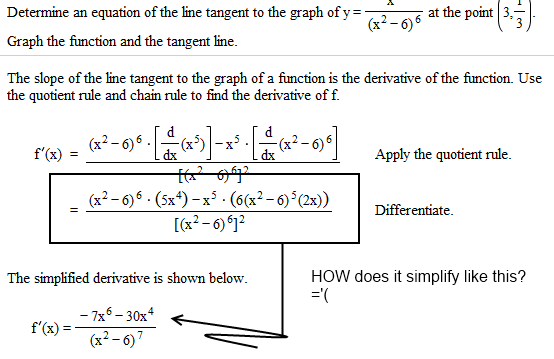Nicholas1024
Smash Lord
- Joined
- Mar 14, 2009
- Messages
- 1,075
Alright then, I'll help you out as much as possible.
The answer to that last one is "nonexistent".
You see, for x > 3, f(x) = (x-3) + 2 = x-1 (which has derivative equal to one), while for x < 3, f(x) = 2 - (x-3) = 5 - x (which has derivative equal to negative one). Therefore, the derivative does not exist at 3.
Oh yeah, as far as your skills go, do you know the "power rule" for differentiating (that is, can you differentiate stuff along the lines of 3x^2 + 2x or such quickly and easily)?
The answer to that last one is "nonexistent".
You see, for x > 3, f(x) = (x-3) + 2 = x-1 (which has derivative equal to one), while for x < 3, f(x) = 2 - (x-3) = 5 - x (which has derivative equal to negative one). Therefore, the derivative does not exist at 3.
Oh yeah, as far as your skills go, do you know the "power rule" for differentiating (that is, can you differentiate stuff along the lines of 3x^2 + 2x or such quickly and easily)?

 )
)
